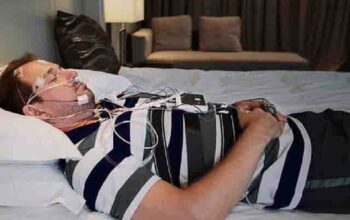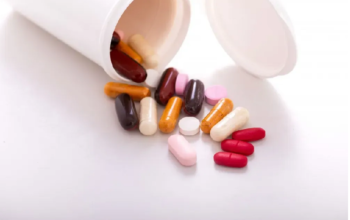Seeking treatment for drug or alcohol addiction can help you start building a healthier life. But there are many different types of addiction treatment in San Diego, and not each one will help everyone. Each individual is unique, and some addiction treatment programs won’t be as effective as others. By understanding the different types of addiction treatments available, you can better choose the one that’s right for you.
Partial Hospitalization
A partial hospitalization treatment program is designed to help those who struggle with withdrawal symptoms and recurring relapse. In these treatment programs, individuals attend sessions at the treatment center five days a week for six hours a day. By staying at the center for most of the day, individuals can get additional medical monitoring and counseling. After the day is complete, they return to their homes or sober living environments and put what they’ve learned into practice.
Intensive Outpatient
In an intensive outpatient program, individuals have greater flexibility in their schedules. Attendance at sessions is only required for three days a week, and the sessions only last for three hours. Sessions can be scheduled either during the day or in the evening. This is the perfect option for those who wish to maintain their work, school, and family schedules while still getting sober and working on a better future for themselves. By returning to their daily obligations, individuals can better recognize their triggers and can work in their treatment sessions to develop healthy coping mechanisms moving forward.
Chronic Relapse
Everyone handles addiction differently, and for some, staying sober is particularly challenging. For those who suffer from chronic relapse, there are specialized addiction treatment options available. These programs run separately from others, meaning group sessions can better focus on the specific problems that come with relapses. And once the program is complete, graduates have access to a continued care maintenance plan for six months to a year. With this additional support, once the program is finished, many who suffer from chronic relapse can find the tools they need to stay sober in the future.
Co-Occurring
There are many reasons one might suffer from addiction, but one of the most common is co-occurrence. For some, an underlying mental health issue leads to self-medication in the form of drugs or alcohol. But unlike prescription medicine that can help the issue without taking a toll on the body, these forms of medication can damage the individual even further. With a co-occurring program, sessions can focus more on the underlying reason behind addiction and ways to cope with it in a healthy manner.
How to Choose from the Types of Addiction Treatment
There are many types of addiction treatment available, but not all will work for everyone. If you’re uncertain which one will benefit you, it’s a good idea to call your treatment center and set up an assessment interview. The trained staff at the treatment center can get a better understanding of your struggles and help you decide on your treatment method moving forwar




